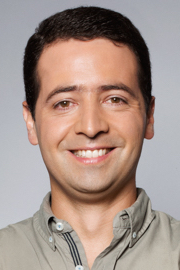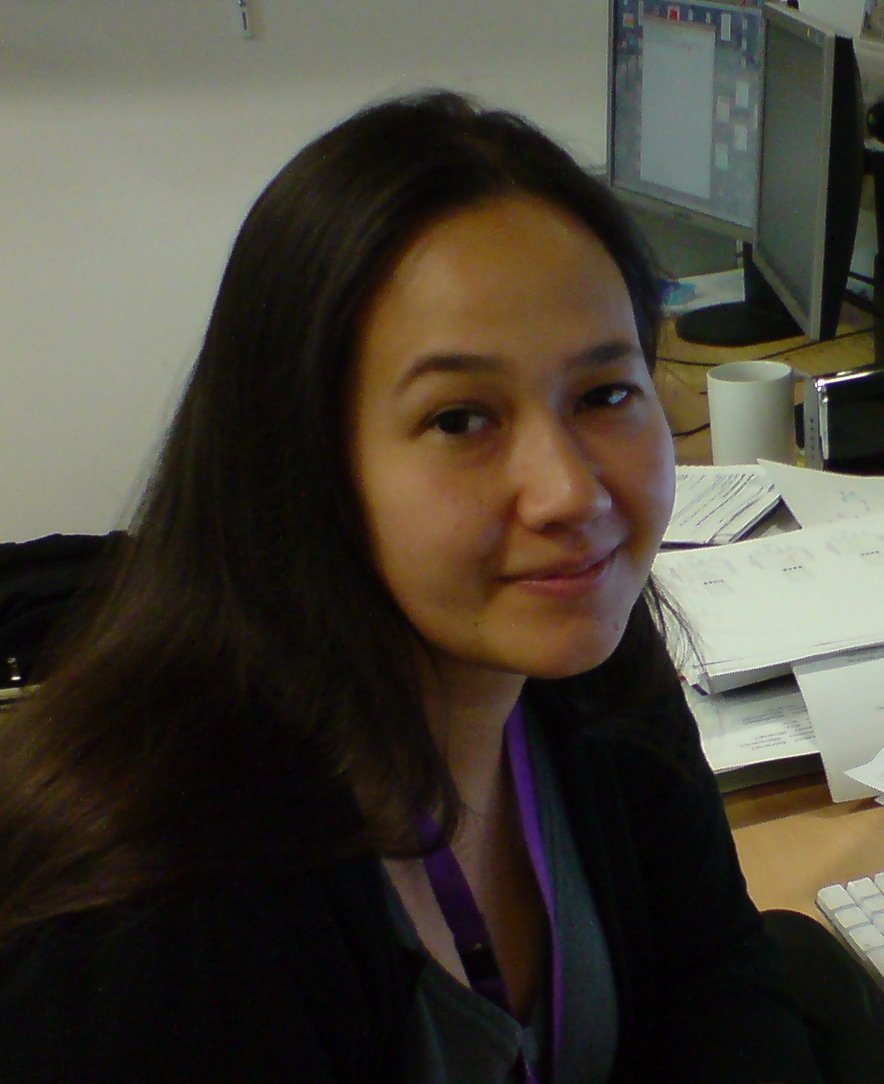
|
|
|
MDARB09 Microarray Data Analysis using R and Bioconductor |
|
IMPORTANT DATES for Course
|
Instructors: |

Nuno Barbosa-Morais graduated in Technologic Physics Engineering from Instituto Superior Técnico (Lisbon, Portugal) in 2000. He completed a Graduate Program in Biophysics and Biomedical Engineering at the University of Lisbon and then did his PhD in Biomedical Sciences at the University of Lisbon Medical School with Professor Carmo Fonseca. Most of the PhD research actually took place at the University of Cambridge (UK) with Dr. Samuel Aparicio. He also visited the lab of Juan Valcarcel at EMBL (Heidelberg, Germany). His PhD work involved bioinformatics studies on the complexity of splicing and gene expression. Nuno is currently a Research Associate in the Computational Biology Group, Department of Oncology of the University of Cambridge (UK), based at the CRUK Cambridge Research Institute. His main research is focused on understanding the complexity of gene expression regulation and its impact on disease mechanisms, namely oncogenesis. Nuno is particularly interested in the systems-level transcriptional mechanisms underlying mammalian cell specification (often perturbed in carcinomas). His work in determining the molecular mechanisms responsible for the stability of transcriptional programs involves the analysis, annotation and integration of different sorts of array (namely expression and ChIP-chip) and sequence information. Nuno has been developing a general pipeline for microarray probe reannotation. He is also contributing with microarray analysis and sequence annotation for projects such as the profiling of CpG islands, the gene expression profiling of pediatric malignant germ cell tumors and the determination of protozoan spliceosomal components. |

Roslin Russell completed a BSc in Biology at Royal Holloway, University of London in 1994 and then went on to do a masters in Medical Parasitology at the London School of Hygiene and Tropical Medicine (1995). While working in the biotechnology industry in pharmacogenomics, she completed another masters in Computer Science (Ruskin University, 1999) and in 1999, began her PhD in Computational Biology at the University of Cambridge with Duncan Campbell to study the Human Major Histocompatibility Complex (MHC) region in health and disease. Her doctoral work involved developing her own spotted microarrays and the comparative analysis of data from multiple microarray platforms. Following this she participated in the establishment of a microarray facility for the Leukemia Research Fund at the Genome Campus in Hinxton, Cambridge and then joined FlyChip where she led the development of a microarray bioinformatics and analysis pipeline using R and various packages in Bioconductor. Roslin is currently a Senior Computational Biologist at the Cambridge Research Institute, Cancer Research UK, specializing in the analysis of expression, ChIP-chip, CGH and SNP array data from various commercial platforms. |
| Affiliation:University of Cambridge, Cambridge, UK |
Course description: |
|
This course aims to introduce researchers to a multidisciplinary approach to
microrray data analysis. Particular attention is devoted to the design of
microarray experiments, data normalization and quality control as well as to
statistical analysis. Participants might find the provided basic training
invaluable for: how to approach designing microarray experiments planned in
their lab; gaining knowledge and understanding of microarray analysis and
quality issues; gaining confidence in performing preprocessing, quality
assessment, and differential expression and downstream analysis using the
limma program and other R libraries in Bioconductor. The course covers a
wide range of platforms and more specific topics, such as the analysis of
Illumina, Affymetrix and Array CGH data.
|
|
Course Pre-requisites:
Basic Molecular Biology, Elementary level Statistics.
|
|
Detailed Program |
|
Instituto Gulbenkian de Ciência, Apartado 14, 2781-901 Oeiras, Portugal Last updated: july 20th 2009 |